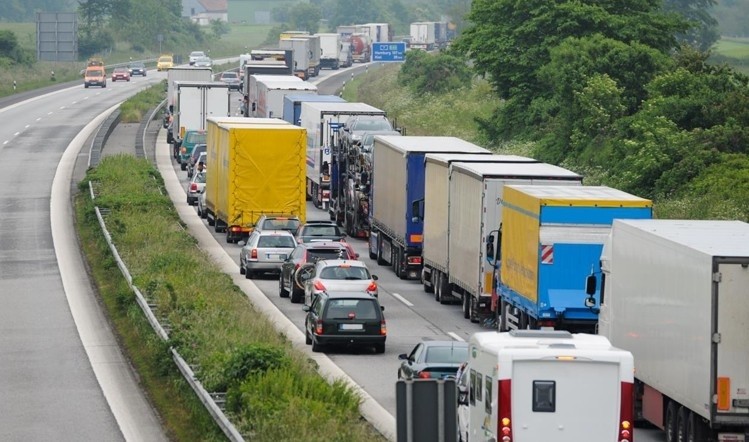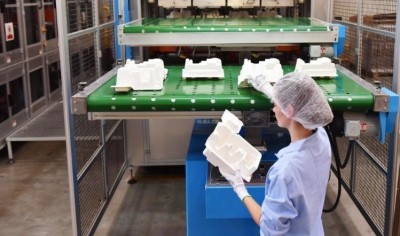Brexit: shortages and delays will grow say supply chain reps

Food and drink producers are beginning to report stock shortages as a result of hauliers in the EU refusing to send drivers to the UK. This is being attributed to fears about the significant potential for delays and the additional costs they might have to bear.
Dave Howorth, executive director at supply chain consultancy Scala, said issues were only now beginning to emerge because businesses were starting to deplete the stockpiles they built in 2020 to safeguard against Brexit-related disruption.
“As for whether the situation could worsen from here, there are several main factors to consider,” he added. “Firstly, exporters, importers and hauliers alike should become more accustomed to the new processes and documentation, which will make for more efficient operations.
“However, on the other hand regulations are set to become tighter still from April 3rd which, when taken alongside the current difficulties, may lead to hauliers becoming fatigued and potentially pulling out of operations between the UK and the EU.”
Seasonal shifts
Howorth also warned producers to be mindful of seasonal shifts altering the demand for various goods.
“For example, as summer approaches volumes of salad produce and fruit from the continent will increase, which hauliers, importers and exporters must be prepared for,” he continued.
Currently, it is mainly hauliers and logistics firms operating within the EU that are refusing to send drivers into the UK.
As William Walker, managing director at Walker Logistics, explained: “We have experienced delays at customs for product and some extended time frames that seem to be ‘random’ in nature, so would question the structure and protocols here, but not any refusals yet.”
The Chartered Institute of Procurement & Supply (CIPS) expected the situation to get worse. It reports more than half of UK businesses say delays have become longer since the beginning of January – 30% of those said new border rules were to blame.
Hopes fade fast
As we move into the third month under the new arrangements, CIPS said hopes were disappearing of fewer border delays as freight volumes return to normal and customs systems adjusted to new processes.
John Glen, CIPS economist and visiting fellow at the Cranfield School of Management, warned further delays should be expected, increasing pressure on supply chains and affecting the timely delivery of much-needed goods.
“The paperwork required at the border is not going to change anytime soon, so we should brace ourselves for these delays to continue for at least the next few months,” said Glen.
“New requirements for import certifications are also rapidly approaching and these will only add to the paperwork required, causing further delays for businesses. The knock-on impact of these delays will trickle far down the supply chain and ultimately result in stock shortages and inflated prices for consumers.”















